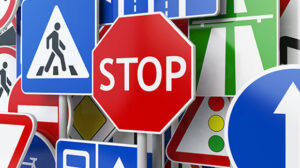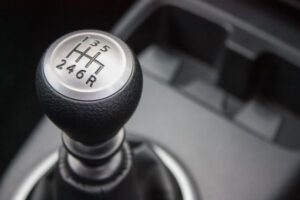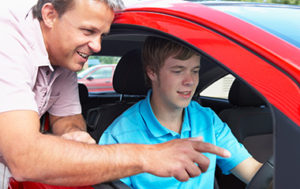What to do after a car accident?
- Ryan Chand
Car accidents can happen in the blink of an eye. The moments afterwards can be overwhelming, whether a minor bump in traffic or a severe collision. In the UK, you must follow specific legal and procedural steps after a car accident. Not only to ensure everyone’s safety but also to protect yourself legally and financially. This guide walks you through exactly what to do after a car accident in the UK

Stop the vehicle
There are a few steps to follow after a car accident under the road traffic act 1988. You must stop if you’re involved in an accident that causes damage or injury. Failing to do so is a criminal offence; even if the collision seems minor, stop your vehicle as soon as it’s safe.
Turn on your hazard lights to alert other drivers and move your vehicle to the side of the road, if possible, without obstructing traffic.
Check for injuries and call emergency services
Your priority should be checking whether anyone is injured, including yourself, your passengers, pedestrians, and people in the other vehicle(s). If someone is hurt or the road is blocked, call 999 immediately and ask for an ambulance or police. Even if injuries aren’t immediately apparent, they can become noticeable later.
You should also call the police if:
- The other driver leaves the scene
- You suspect the other driver is under the influence
- The crash causes severe damage or injury
If the accident is minor and no one is hurt, you generally don’t need to call the emergency services, but you still have legal obligations.
Exchange information
If you’re involved in an accident, UK law requires you to give your name and address to anyone with ‘reasonable grounds for requiring it’. This typically includes the other driver(s) and any third parties involved.
You should also exchange:
- Vehicle registration numbers
- Insurance details
- Names and contact info of any passengers or witnesses
If the other party doesn’t provide their details, or if there’s a dispute, it’s essential to report the incident to the police.
Document the scene
Use your phone to take photos or videos of:
- The positions of the vehicles
- Damage to each vehicle
- Road conditions, signs and markings
- Any injuries sustained
- The other vehicle’s licence plate
If there are witnesses, ask for their contact details – neutral third-party accounts can be beneficial when insurance claims are disputed.
Report to the police(if required)
You must report the accident to the police within 24 hours if:
- Someone is injured
- The other driver didn’t stop to provide details
- You were unable to exchange information at the scene
This can be done at your local police station. Failing to report an accident when legally required could result in fines, points on your licence or even prosecution.
Notify your insurance company
Even if you don’t intend to claim, you should notify your insurance provider as soon as possible. Failing to do so can invalidate your cover.
Give them a clear factual account of what happened, and provide:
- Photos or videos
- Police report number (if applicable)
- Other driver details
If the accident wasn’t your fault, your insurer may pursue a claim against the other party’s insurance to recover costs.
Seek medical attention
Injuries from road accidents, such as whiplash or shock, might not be immediately apparent. Always seek medical attention after a crash, even if you feel fine initially. This will ensure your health is protected and provide a medical record, which is crucial if you decide to seek compensation.
Keep detailed records
After the accident, create a file or digital folder containing the following:
- A copy of the accident report
- Medical records and treatment costs
- Insurance correspondence
- Photos of damage and injuries
- Repair receipts or quotes
These documents will support any insurance or legal claims you may need to make in the future.
Know your legal rights and insurance options
UK drivers are legally required to have at least third-party insurance covering damage to others. However, if you’re not at fault, you may be able to:
- Claim through the at-fault driver’s insurer
- Use a claims management company (though this may come with fees)
- Pursue compensation through the motor insurers bureau if the other driver is uninsured or untraceable.
If you have comprehensive coverage, you may claim through your insurance, especially if the other party is uncooperative.
Consider legal advice
Suppose the accident led to injury, financial loss, or a dispute over who was at fault. In that case, you should speak to a solicitor specialising in personal injury or road traffic accidents. Many UK firms offer free initial consultations and work on a no-win, no-fee basis.
Check out our motor legal protection page for more information. Motor legal protection is an optional product we offer that is designed to ensure you don’t lose out financially if you are involved in a road traffic collision that is not your fault.
Final thoughts
Being involved in a car accident in the UK is never pleasant, but knowing what steps to take after a car accident can protect your health, your rights and your finances. From stopping at the scene to exchanging details, notifying insurers and seeking medical advice, acting promptly and correctly is key.
Share this article
More posts
Table of Contents

10 Essential Winter Car Maintenance Tips For Safe Driving

Road Signs Quiz: How Well Do You Know Your Traffic Signs?

Manual vs Automatic: Best Option For Learner Drivers | A Choice
